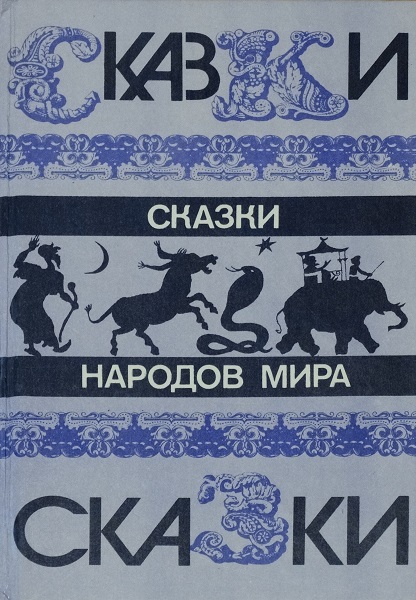Книга Япония. От сегуната Токугавы - в ХХI век - Джеймс Л. Мак-Клейн
На нашем литературном портале можно бесплатно читать книгу Япония. От сегуната Токугавы - в ХХI век - Джеймс Л. Мак-Клейн полная версия. Жанр: Книги / Разная литература. Онлайн библиотека дает возможность прочитать весь текст произведения на мобильном телефоне или десктопе даже без регистрации и СМС подтверждения на нашем сайте онлайн книг knizki.com.
Шрифт:
-
+
Интервал:
-
+
Закладка:
Сделать
Перейти на страницу:
Перейти на страницу:
Внимание!
Сайт сохраняет куки вашего браузера. Вы сможете в любой момент сделать закладку и продолжить прочтение книги «Япония. От сегуната Токугавы - в ХХI век - Джеймс Л. Мак-Клейн», после закрытия браузера.
Книги схожие с книгой «Япония. От сегуната Токугавы - в ХХI век - Джеймс Л. Мак-Клейн» от автора - Джеймс Л. Мак-Клейн:
Комментарии и отзывы (0) к книге "Япония. От сегуната Токугавы - в ХХI век - Джеймс Л. Мак-Клейн"
























